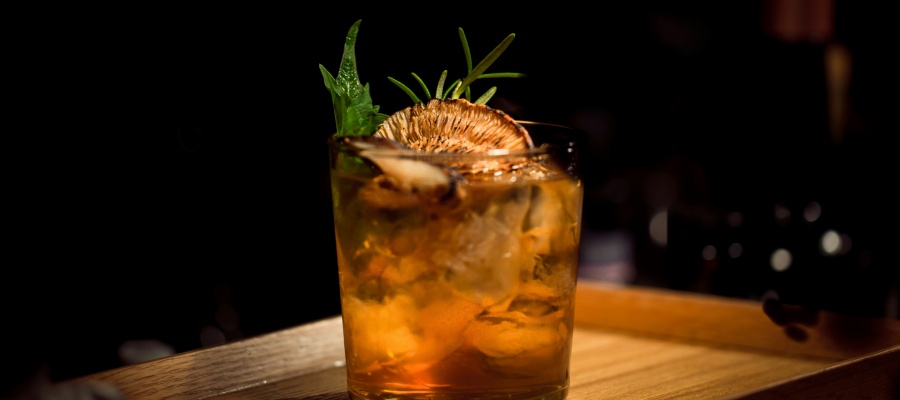El Dorado rum, produced by Guyana’s Demerara Distillers Limited (DDL), is on an ambitious path to significantly reduce its carbon footprint. At a recent private dinner in London’s Groucho Club, DDL’s master distiller Shaun Caleb revealed how the brand is leveraging innovative waste-to-energy processes and global partnerships to transition toward a more sustainable future—aiming to replace 85% of its fossil fuel usage.
Biogas fuels a green distilling future
Caleb outlined the distillery’s ongoing work to harness energy from waste, particularly wastewater produced during rum production. Through a process of anaerobic digestion, DDL has been converting organic matter in the wastewater into biogas, which is then used to power the distillery’s boilers.
“We retrofitted our boiler equipment to utilise biogas to generate steam to drive the distillery,” Caleb said. “Once we were able to do that, we were able to cut our fossil fuel dependence by two thirds.”
The goal now is to push that figure even further—up to 85%—with the help of two specialist companies from Ohio and France. These collaborators are currently testing advanced polymers to optimise the wastewater treatment process and maximise biogas yield.
Breakthrough polymer treatment plant in development
DDL’s plan is to build the world’s first secondary polymer wastewater treatment plant, using cutting-edge coagulation and flocculation techniques to separate solids from the molasses-based wastewater.
“Because of the molasses origin, there are quite a bit of suspended and dissolved solids,” Caleb explained. “The theory is if we can develop a polymer that can coagulate out the solids, then we can filter it out and leave the less-laden liquid to then go for treatment.”
The solid by-products separated during this process aren’t going to waste. According to Caleb, they could be repurposed as fertilizer or converted into animal feed—adding yet another layer to the brand’s circular sustainability model.
Sustainability born from collaboration
The relationship with the innovative polymer developers began through the West Indies Rum Association, where DDL first encountered the research team. “At the time, this was not a proven technology,” said Caleb. “We probably started out as a gesture of working with them to help them improve what they did. But it got to a point where it was obviously beneficial for us too.”
That mutually beneficial partnership has now evolved into a formal collaboration, potentially placing DDL and El Dorado rum at the forefront of green innovation in the global spirits industry.
Expanding into agriculture and beverages
DDL isn’t limiting its sustainability efforts to the distillery floor. Caleb revealed that the company has launched a separate initiative to establish a dairy farm in partnership with an international investor.
“The company has just partnered with another international company to set up a dairy farm,” Caleb said. “We can now also not just make rum, but also make juices, make milk to make other beverages.”
The dairy cows on the farm will even benefit from the waste-to-energy cycle, consuming animal feed derived from the very wastewater solids produced during rum distillation.
Additionally, DDL is repurposing CO2 emissions and water produced during rum manufacturing to support these new beverage ventures, reinforcing the company’s commitment to full-circle sustainability.
Setting a benchmark for the spirits industry
With its multi-pronged approach to renewable energy, waste reduction, and agricultural revitalisation, DDL is setting an example for sustainable spirits production in the Caribbean and beyond.
By aiming to replace 85% of its fossil fuel usage with biogas, introducing pioneering wastewater treatment technologies, and developing by-product-based agriculture, El Dorado rum is crafting more than premium spirits—it’s building a model for eco-conscious distilling.


